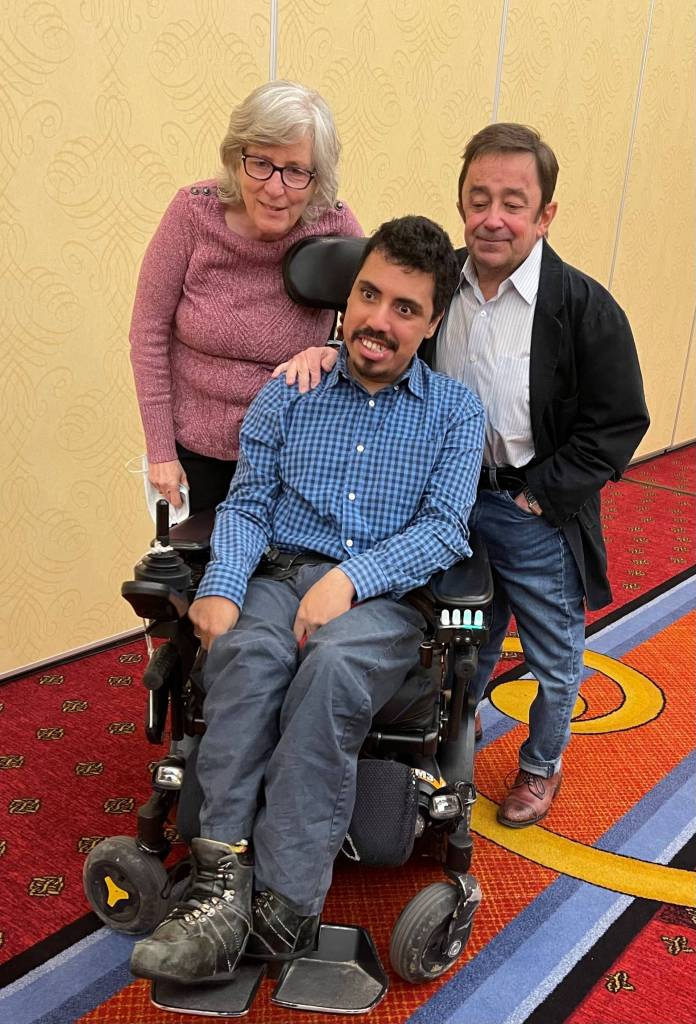
Nova Scotia Disability Rights Discrimination Class Action
McKiggan Hebert Lawyers and Koskie Minsky LLP have provided the Province of Nova Scotia with notice of a proposed class action against the Province on behalf of persons who are or have been on the waitlist for the Disability Support Program for any period of time since April 1, 1998.
Province has an obligation to persons in need
Since at least 1998, the Province of Nova Scotia has had a statutory obligation to provide social assistance to persons in need who reside in the province. Eligible residents who are not disabled receive the social assistance to which they are entitled as of right effective from the date of their application for benefits and the program through which assistance is administered has no funding limit or cap.
Province discriminates against persons with disabilities
By contrast, applications by eligible residents who have a mental or physical disability or both are dealt with under a separate program (the “Disability Support Program” or “DSP”). The Disability Support Program is administered by the Nova Scotia Department of Community Services (“DCS”). DCS has established policies governing the Disability Support Program. Unlike funding for the system of social assistance for persons who are not disabled, funding for the Disability Support Program is subject to an arbitrary cap.
Social assistance provided through the Disability Support Program is treated as discretionary and most eligible residents do not receive the assistance they are entitled to in a timely manner or at all. This has led to eligible applicants being placed on a waitlist for assistance under the DSP (the “Waitlist”). Some applicants have remained on the Waitlist for years.
Persons denied the right to live independently
While on the waitlist, eligible applicants have no choice but to remain in their current living arrangements which may mean living with relatives, living on their own with independent living supports if available, living in a small option home in a different community far away from family and friends, living in large segregated institutional facilities, or being placed in hospitals, including on psychiatric wards, in order to receive assistance to meet their basic and special needs.
In short, thousands of eligible applicants with a mental or physical disability or both have been denied the statutory benefits to which they are entitled, and which are necessary to allow them to meet their basic need for shelter, food and clothing as well as their special need for services and supports to permit them to live in their community.
As a result, thousands of adults with mental or physical disabilities or both have been forced to either live in small option homes far away from family and friends, in large institutions segregated from society at large, or in hospitals and psychiatric facilities, often on locked wards with those who are mentally ill even though they themselves have no mental illness requiring hospitalization. In many cases, these arrangements continue for years, often decades.
Forced to rely upon family members for support
Further, many hundreds more adults are required to rely upon family members, many in homes that do not meet their physical, social or emotional needs, and rely on charity for the necessary services and supports they need or go without such services and supports altogether.
Denying people with a mental or physical disability or both the assistance to which they are entitled in this arbitrary way is cruel and inhumane. It is discriminatory. It strips them of their dignity and interferes with their liberty and the security of their person. It causes psychological, emotional, and at times physical, pain and suffering. It contravenes domestic human rights law, the Canadian Charter of Rights and Freedoms (the “Charter”), and is inconsistent with the United Nations Convention on the Rights of Persons with Disabilities to which Canada is a signatory. The manner in which the Province has administered the Disability Support Program is negligent and in breach of its fiduciary duties to the class members.
Province has knowingly discriminated against persons with disabilities
The Province has long been aware of the issues associated with the Disability Support Program but has failed to act in any meaningful, reasonable, or prudent manner.
On October 6, 2021 the Nova Scotia Court of Appeal issued a landmark decision confirming that the Province of Nova Scotia systemically discriminated against persons with mental and physical disabilities who were involuntarily confined in the psychiatric unit of the Nova Scotia hospital.
Unfortunately, the Province has announced that it is seeking a hearing before the Nova Scotia Human Rights tribunal to justify it’s discrimination against persons with disabilities.
As a result, the Plaintiffs have determined they have no choice but to file this proposed class action.
The proposed representative Plaintiff is ISAI ESTEY, by his litigation guardian, STEVEN ESTEY.
For further information or if you believe you are a class member, please contact us at:
Toll Free: 1-866-423-2050 or email at info@mckigganhebert.com






